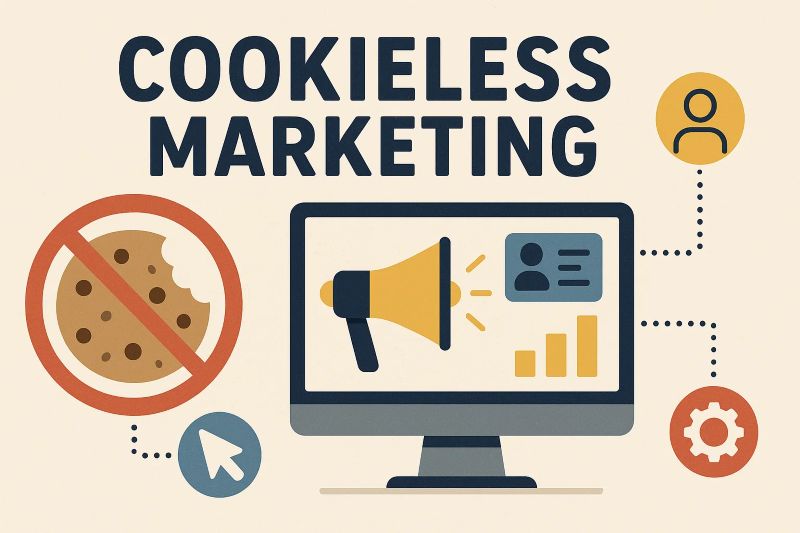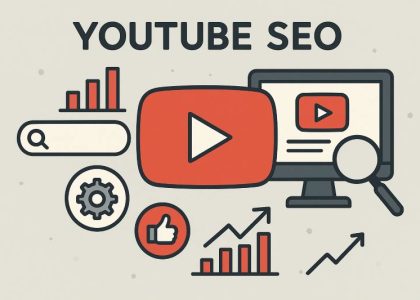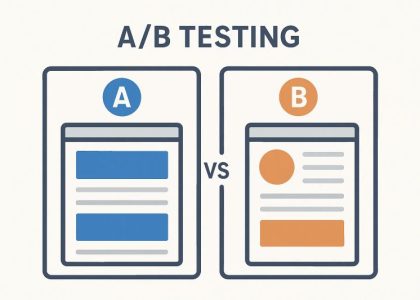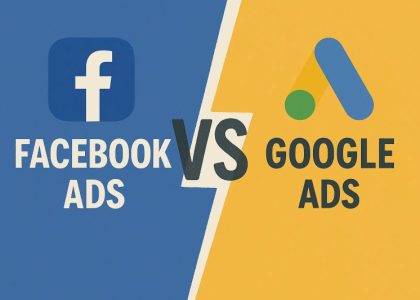Introduction
Cookieless marketing in 2025 is reshaping the digital landscape. With third-party cookies fading out, businesses can’t depend on traditional tracking methods to analyze customer behavior. Instead, this new approach emphasizes privacy, transparency, and building genuine trust with audiences, moving away from intrusive data collection practices.
Why the Cookieless Shift Is Important
For decades, third-party cookies fueled online advertising by tracking users across websites. But growing concerns over privacy and strict laws like GDPR and CCPA forced companies to change how they collect and use data.
Today’s consumers expect businesses to respect their privacy. That’s why the focus has moved toward first-party data—information collected directly from customers through websites, apps, subscriptions, and purchases. This approach not only meets legal standards but also strengthens relationships with audiences.
Proven Strategies for Cookieless Marketing in 2025
1. Prioritize First-Party Data
Rely on data customers willingly provide. Use sign-ups, interactive tools, and personalized content to collect insights that improve targeting without breaching trust.
2. Rely on Contextual Advertising
Contextual ads place content in the right environment. For example, showcasing sports gear on a fitness blog matches the user’s interest without tracking their browsing history.
3. Expand Email and SMS Campaigns
Email and SMS are powerful because they create direct connections with customers. By growing opt-in lists, brands gain reliable channels for engagement and personalization.
4. Build Loyalty and Reward Programs
Customers are more willing to share data if they receive something valuable in return. Exclusive discounts, rewards, or personalized offers help gather insights while increasing brand loyalty.
5. Use AI to Understand Customer Behavior
AI tools can study first-party data to predict needs and buying patterns. Instead of tracking users everywhere online, businesses can deliver personalized recommendations based on consented data.
Advantages of Cookieless Marketing
- Improves brand reputation through respect for privacy
- Strengthens customer relationships with transparency
- Creates better engagement via authentic personalization
- Shifts focus from short-term tracking to long-term trust
Challenges Ahead
The cookieless shift also brings challenges such as:
- Limited ability to track customers across platforms
- Difficulty in measuring ROI accurately
- Greater dependency on user consent
Still, these obstacles push businesses to innovate and find better ways to connect with audiences.
Conclusion
The end of third-party cookies doesn’t signal the end of digital marketing—it signals the beginning of a trust-based era. By leaning on first-party data, contextual ads, loyalty programs, and AI, brands can succeed in 2025 without invading privacy.
Cookieless marketing is more than a trend—it’s the future of digital growth where trust becomes the most valuable currency.





